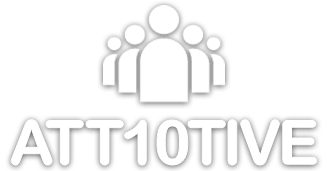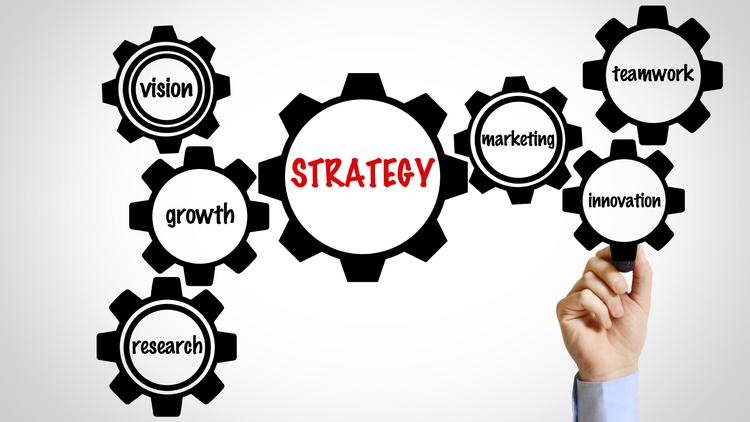The Benefits Of Good Planning By Tayeb Chowdhury
The Benefits Of Good Planning By Tayeb Chowdhury
We are fed the idea of putting our heads down, and working hard in order to attain what we desire. We are told that if we put in the effort, regardless of the variables surrounding us, that all will turn out fine. I do not believe that notion is incorrect, however I do believe it is flawed.
For example; a student who spends their time doing revision for exams, constantly goes over their notes and topics. Aimlessly believing in their hard work, but instead, end resultingly in fatigue, exhaustion and a discord of knowledge wandering their mind with no place to call home. It would be simply inefficient. That same student may be an excellent visual learner who could have much better utilised their time by building associations to concepts through pictures and drawing therefore allowing them to break down information in a way that is more digestible for their disposition.
Rather than fighting a steep uphill battle, a person could observe the circumstances around them in order to find a vantage point; resulting in a boost in their rate of efficiency.
People have varying aptitudes.
Notice how I used the word “aptitude” rather than the term ‘talent’. Talent is often defined as “natural ability or skill”. Talent is not something entirely inconsequential, however it is arrogant to make the assumption that it is the be all and end all. The concept of talent makes it easy to ignore one’s own faults and make excuses for their inability as just not having the knack for something.
Whereas aptitude is defined as “a natural or acquired capacity or ability”. Yes, we all begin with our natural inclinations and so called talents but only working where you are comfortable will limit what you can do, as you limit your options.
Thereby, we should aim to expand upon our talents and supplement them with other practises to give ourselves a greater depth and open avenues to discovering other aptitudes. To put this into perspective, meet Bob. Bob’s talent lies within his creativity however he is not very dexterous so he is unable to execute his ideas. Bob then decides to develop his skills with his hands which led him to discover his aptitude for painting and sculpting. Just by developing his dexterity he has supplemented his creativity to utilise his natural talents and expand upon them to gain an aptitude for both painting and sculpting.
Finding methods, techniques and developing practises can be an integral cornerstone to elevating a person’s ability to encounter and process information in a way most suitable to themself. Rather than stubbornly keeping to the same old method they have stuck to, and blaming their inability on a lack of talent they should focus on enhancing and tweaking their strengths so that they can be used in new ways.
“To fight and conquer in all our battles is not supreme excellence; supreme excellence consists in breaking the enemy’s resistance without fighting.” – Sun Tzu
Information controls the flow of the battlefield! Being able to win all of your battles sounds like a great feat. However, what if you could avoid facing difficulty to begin with?
To set the scene: your task is to learn a new language. You may slowly but surely conquer every trial individually, bit by bit, however long that may take you. But, the process could be sped up if you decided to make preparations for your upcoming endeavour. Whether that be by learning memorisation techniques, finding a teacher, using good resources or even learning categorically so as you build upon your knowledge each new piece of information fits nicely with the rest like a puzzle.
As a result, you can avoid certain battles/ difficulties before they even arise which will save you the stress and headache of dealing with unexpected issues, all by just making simple preparations.
“Know thy enemy and know yourself; in a hundred battles, you will never be defeated. When you are ignorant of the enemy but know yourself, your chances of winning or losing are equal. If ignorant both of your enemy and of yourself, you are sure to be defeated in every battle.” – Sun Tzu [The Art of War]
Not knowing your enemy, but knowing yourself can lead to presumptuous decision-making. Arrogance. Confidence. Over-zealous. This is often seen in tragic heroes of classic literature. One such example is an aristocrat of nobility who knows of their own strength, wealth and stature and in the face of the common folk overlook them and mistreat them. But unbeknownst to the aristocrat, one of the common people they have ridiculed was an important figure in disguise to prevent themself from being recognised among the crowd. The aristocrats ignorance lead to an unimaginable consequence of execution.
Do not allow a high assessment of yourself become your hamartia, a fatal flaw. In the face of the unknown having precaution for the worst case scenario can often be a salvation.
Finally knowing both your enemy and yourself is what helps you make the most informed decisions. The final example will be a personal favourite. For any of the readers who have played any Pokémon games or watched the shows you would know the importance of type match ups. For the readers who do not get the reference it is the basics of how elements have strengths and weaknesses as you would choose water to combat fire. If the opponent sends out a fire type Pokémon of a certain level the wisest choice is to choose a water type of a similar or even lower level and so forth.
To conclude, to apply these principles you should aim to have an understanding of yourself. Take a seat and get to know yourself; be self-critical and write down all of your strengths and weakness, get help from friends and family to help identify them as they see a side of you that you yourself do not see. Understand your strengths and your weakness, then expand and build upon them.
Thereafter whenever you face a task or difficulty, strategise how you can utilise your strengths and overshadow your weaknesses to best complete the task at hand and assess the best choice whether it be to even learn a new skill to combat the unprecedented situation.
We often see employers and interviewers ask: what are your weaknesses? When people have no response or cannot think of anything I believe it shows one of the most fatal flaws of all: a lack of self-awareness. Being ignorant of both your enemy and yourself can be quite the disaster with no real need for explanation. Going into a predicament completely blind will only lead you to shock and surprise.

